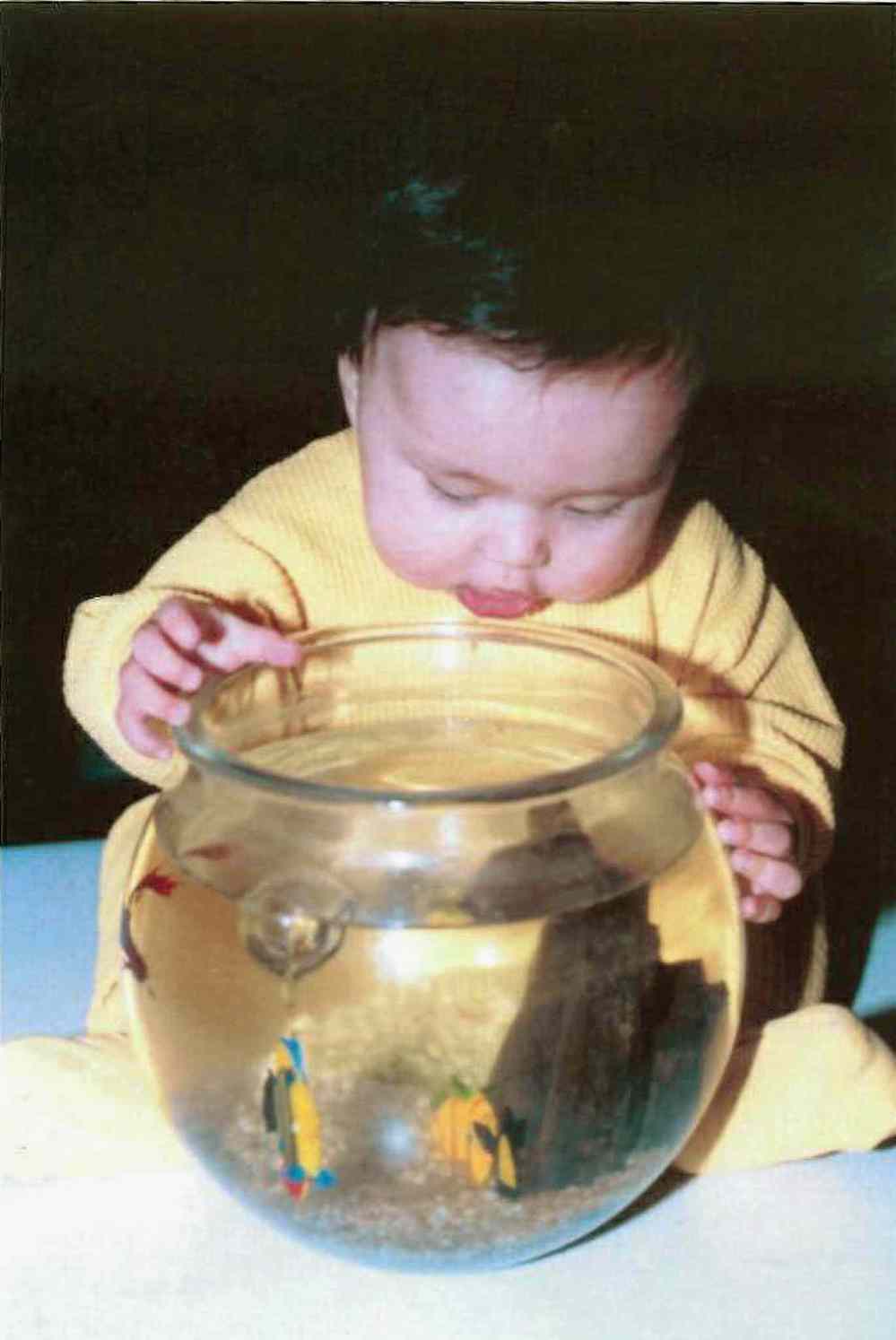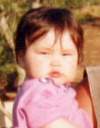Saving the lives of kids in care
Inquiry report likely to point out holes in current system
Advertisement
Read this article for free:
or
Already have an account? Log in here »
To continue reading, please subscribe:
Monthly Digital Subscription
$0 for the first 4 weeks*
- Enjoy unlimited reading on winnipegfreepress.com
- Read the E-Edition, our digital replica newspaper
- Access News Break, our award-winning app
- Play interactive puzzles
*No charge for 4 weeks then price increases to the regular rate of $19.00 plus GST every four weeks. Offer available to new and qualified returning subscribers only. Cancel any time.
Monthly Digital Subscription
$4.75/week*
- Enjoy unlimited reading on winnipegfreepress.com
- Read the E-Edition, our digital replica newspaper
- Access News Break, our award-winning app
- Play interactive puzzles
*Billed as $19 plus GST every four weeks. Cancel any time.
To continue reading, please subscribe:
Add Free Press access to your Brandon Sun subscription for only an additional
$1 for the first 4 weeks*
*Your next subscription payment will increase by $1.00 and you will be charged $16.99 plus GST for four weeks. After four weeks, your payment will increase to $23.99 plus GST every four weeks.
Read unlimited articles for free today:
or
Already have an account? Log in here »
Hey there, time traveller!
This article was published 31/01/2014 (4336 days ago), so information in it may no longer be current.
The inquiry into the death of Phoenix Sinclair heard about problems plaguing the child welfare system and the steps taken to solve them.
Since the discovery of her death in 2006 — she was killed by her mother and stepfather nine months earlier — funding for the child welfare system doubled. New rules and tools were rolled out, but many problems remain. The number of kids in care has risen to nearly 10,000, and more children like Phoenix have died. Much more needs to be done, inquiry commissioner Ted Hughes heard. Here are some of the biggest concerns raised that his report — to be released today — will likely address:
- Who’s the client — caregiver or child?
Though the inquiry was ostensibly about Phoenix, much of the evidence in phase 1 dealt with social workers’ perceptions and documentation of other people around her, especially her mother, Samantha Kematch. Very little evidence was available concerning the system’s observations of Phoenix, her habits and personality. Hughes will likely say Child and Family Services should do more to keep the children in the system at the heart of each decision on every file.

- Registration: Just a part of education
Unlike doctors, lawyers and many nurses, it’s not mandatory in Manitoba for social workers to be registered and meet the minimum qualifications of a regulatory body such as the Manitoba Institute of Registered Social Workers. Few of Phoenix’s CFS caseworkers were thus qualified. Legislation passed in 2009 under Bill 9 would see this happen, but it hasn’t been done. Expect Hughes to recommend this finally happen, possibly on a phase-in basis by making it a routine part of social work education in the province.
- Stop communication breakdowns
Whether it was Employment and Income Assistance or Manitoba Health, Hughes heard a fair amount of evidence from social workers who struggled to get information quickly from government agencies for their investigations and queries. It’s reasonable to expect Hughes will ask government to review privacy legislation to ensure that when CFS makes requests for information relating to a child’s well-being, bureaucratic headaches are kept to a minimum.
- Know your history
It was evident from the phase 1 testimony a huge issue triggering problems in Phoenix’s case was how the written history on her file was rewritten, condensed and/or altered by several successive workers based on their subjective view of the case, and that largely depended on the amount of work they did on it or their role within CFS. Hughes will likely recommend case files and file histories be scrutinized more stringently before they switch hands. Already, CFS has taken action by forbidding the practice of copy-and-paste file histories.
- Make plans and stick to them
Case plans setting out obligations for Phoenix’s caregivers and Winnipeg CFS to safeguard her care weren’t followed to the letter. For example, Kematch was able to reclaim her despite the fact a psychological assessment, one deemed essential to the case, hadn’t been done on her yet. CFS must be seen to mean what it says and be willing to demonstrate this to the kids and families it deals with.
- Keep better track of children
An outdated computer system that’s supposed to keep track of kids in care is not being used appropriately by all agencies, and there are problems with the system itself. Former auditor general Carol Bellringer testified the Child and Family Services information system is outdated compared with the one used by Manitoba Lotteries. “If they can track every dime at Lotteries, why can’t we track every kid?” she asked. A new system would cost more than $10 million and take more than a year to implement, but it could be a “launching pad for organizational change,” she said.
- Help aboriginals help themselves
Hughes said he planned to address the over-representation of aboriginal children in care — estimated at more than 80 per cent. Poverty, lack of education, substance abuse and poor housing are factors that lead to child maltreatment, experts testified. Social ills passed through generations stem from colonization and residential schools that stripped aboriginal people of their homes, livelihoods, families and roots. More funding is needed to right the wrongs, but to break the cycle, the solutions have to come from the aboriginal community, the inquiry heard.
- Keep children in their own home
Instead of removing a child and causing trauma, expect Hughes to call for more supports for struggling parents. Experts told Hughes providing poor parents with the help of a homemaker or some respite care can sometimes help a parent keep it together and keep their child.
- Invest in young brains
Expect more early childhood education targeting children in poor neighbourhoods. Hughes heard the best time to break the cycle of poverty and kids in care happens during brain development that occurs before a child turns five. “The early years matter enormously,” researcher Rob Santos told the inquiry. “They determine the foundation — sturdy or fragile — for what comes later.”
- Get Ottawa to step up
Expect the federal government to get blasted for the inequity of funding and services to aboriginals on federally funded First Nations. The inquiry heard about the lack of child welfare services on reserves and of children being taken into care because of a lack of housing. It also heard there is much migration back and forth from cities to reserves and the need for the federal and provincial governments to work together to improve services in both locations.
carol.sanders@freepress.mb.ca james.turner@freepress.mb.ca

Our newsroom depends on a growing audience of readers to power our journalism. If you are not a paid reader, please consider becoming a subscriber.
Our newsroom depends on its audience of readers to power our journalism. Thank you for your support.
History
Updated on Friday, January 31, 2014 6:58 AM CST: Replaces photo, formats text, adds interactive timeline




